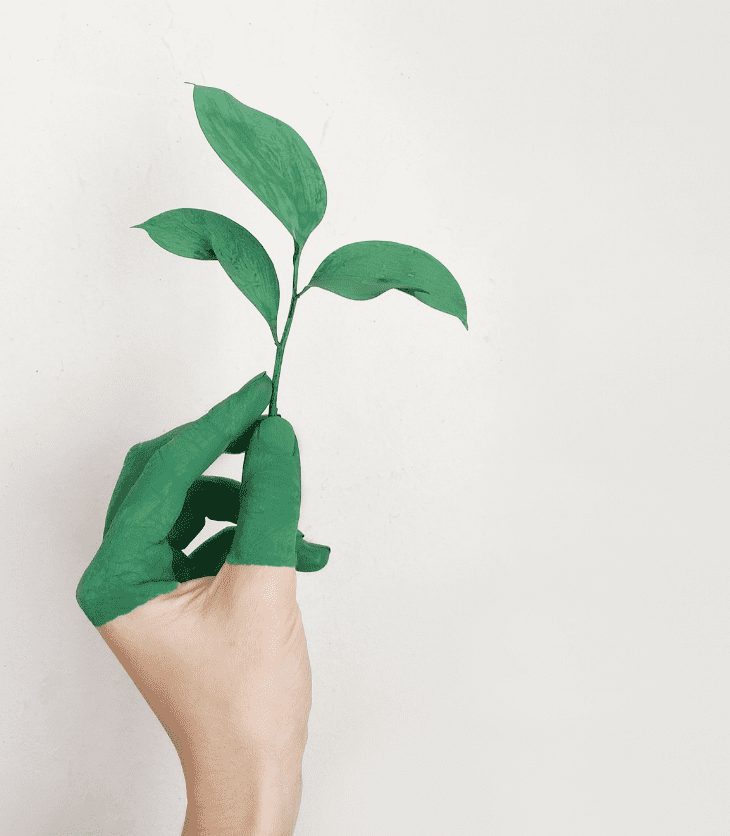This post is over three years old, the information may be outdated.
The world has adopted a consumerist lifestyle in which we only think about ourselves and material goods.
People across the world are attempting to break this social mindset by offering us eco-friendly electrical devices, promoting recycling and establishing non-profit businesses to help repair clothes and broken household goods.
The problem is that these businesses are very rare, the eco-friendly devices are expensive and that much of Australia’s recycling actually goes into landfill.
Nonetheless, everyone can help save our world! Here are some non time-consuming ways to pitch in:
Repair –
Recycle your clothes, food, books or broken goods.
Before you toss something in the trash, look up creative ways to use these things or fix them so you don’t have to replace them and can save money! See what you can do with:
- Old hoodie
- Shoelace
- Hair clip
- Empty shampoo bottle
Hoodies can be turned into crop tops or tank tops, while an empty bottle or container can be a new pen stand or bowl.
Next time a gremlin steals your Tupperware lid, save the container as a cereal bowl or a mini herb garden. You can find out many more ideas on the internet!
No plastic –
When your order a coffee, consider buying a reusable coffee cup. Choose cardboard straws over plastic ones and say no to plastic cutlery at takeaway places if you don’t need them.
Stop using plastic bags if you can carry the stuff yourself or use a canvas bag.
Use your microwave –
Microwaves are far more energy efficient than an average conventional oven, so not only are you saving on your power bill but also helping the planet.
Most frozen foods have a microwave cooking option.
Buy local –
If you can afford fresh fruit and vegetables, go to a local farmer’s market rather than supporting large franchises. These franchises can be responsible for a lot of pollution and unfair labour prices.
Local farmer’s markets are a great way to support your local community and give farmer’s the correct amount for their produce.
Beauty products –
Rather than buying chemically based shampoos, skin-care products or makeup, try to make your own products at home out of natural substances.
These are much better for your skin and hair, and often are made up of ingredients which can be used for multiple DIY beauty products:
- Coconut oil is used for scalp and skin treatment
- Burnt almond serves as a natural eyebrow liner
- Many kinds of flour work as a dry shampoo alternative
- Cream with honey makes for a great moisturiser
Natural beauty products are also biodegradable while many purchased products, especially those with microbeads, contain non-biodegradable substances that damage the environment; not to mention their plastic packaging.
Thanks for loving our planet!










